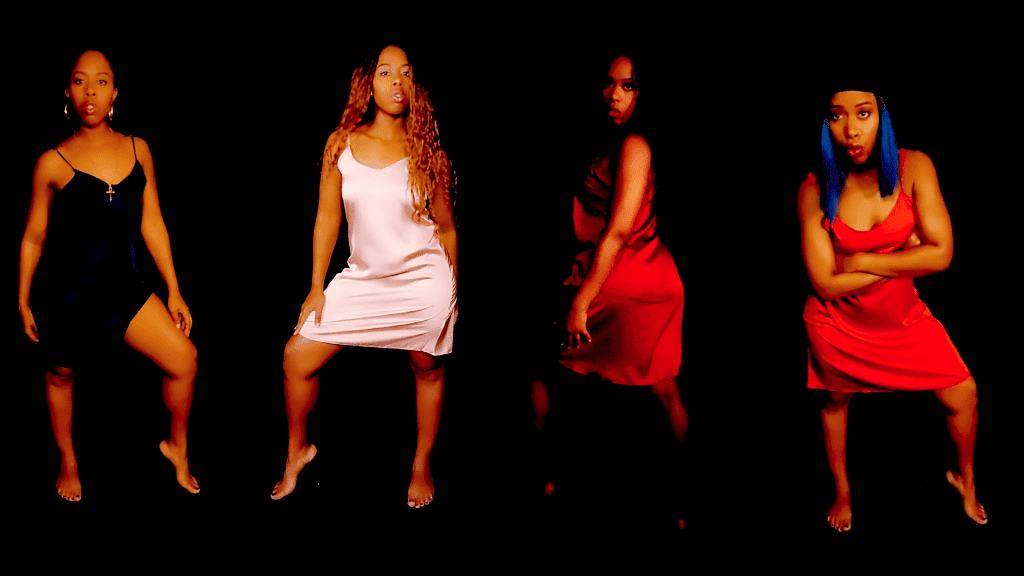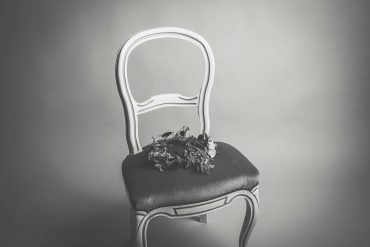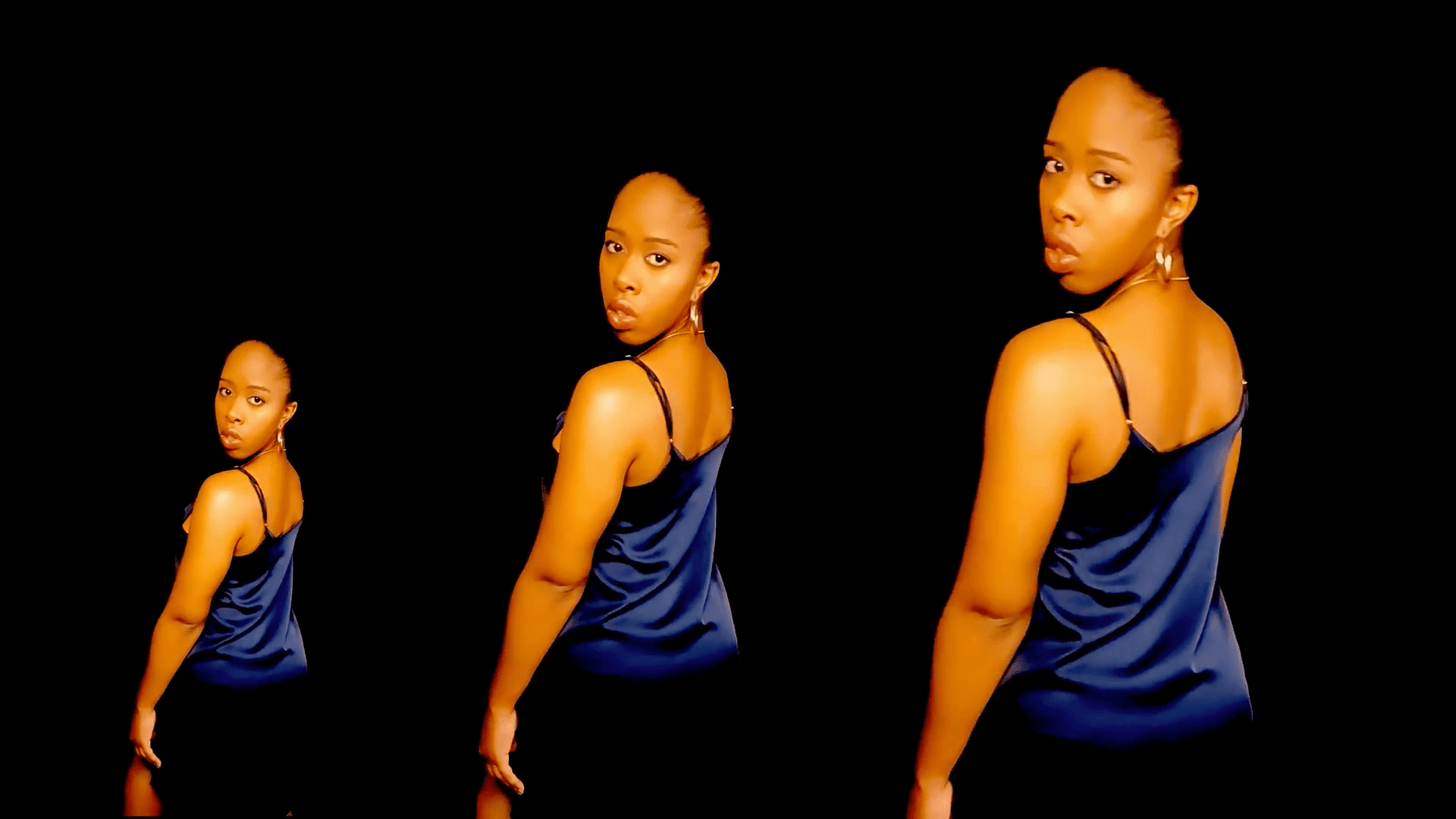The Twerking Academic: “Four Women,” a Multimedia Autoethnography
Artists’ Memo
People have often lectured that I shouldn’t be concerned with what others think of me. Though I understand the sentiment and reasoning behind the statement, it has never quite settled in as making complete sense. I agree that I shouldn’t let others’ thoughts DEFINE me. But I should be concerned about what they think of me, particularly since those thoughts may be guided by problematic representations of Black women in history and media. Those guided thoughts can turn into actions guided against me. And I think it is important to acknowledge that reality. Acknowledging led me to embody and personify some of those more weaponized ideals as a form of autoethnographic catharsis and sharing.
It is hard to describe the peculiar sensation of entering a space and pondering exactly which of the established stereotypes you are battling against in someone else’s mind. Am I the strong and long suffering type who will be eternally self-sacrificing for the collective good? Am I the token “exception to the rule” type of Black person that is often used as a weapon against their own community because I “prove” that “making it” is possible with enough hard work? Or am I the wild siren bent on luring upstanding men into wickedness with my scantily clad, curvaceous form? Perhaps I am the fuming antagonizer who rowdily challenges everyone and everything?
Complicated Women
I fit none of these personas. But at moments, I am the fiercely strong woman who is willing to sacrifice. And the college educated Black voice in the room. And the 21st century woman who embraces her sexuality…and the passionate advocate with real emotions. I know these things about myself. I know what to call myself: a complicated woman. But what do they call me? What have they called me? What is the resulting struggle and implication? That is the idea that I wanted to explore with this multimedia autoethnography.
I pay homage to Nina Simone’s already iconic and thorough exploration of stereotypes, “Four Women.” This version is by Kelly Price, Marsha Ambrosius, Jill Scott, and Ledisi at 2010 Black Girls Rock Awards.

The Twerking Academic: Visual Exploration of Black Womanhood
The Twerking Academic explores the multilayered lived experience of Black womanhood using multimodal autoethnographic expression. Column installments include an audiovisual piece that focuses on exploring, processing, and communicating meaningful personal experiences that also offer a voice to the experiences of the wider cultural community. Audiences can view each audiovisual piece independently. A written memo supplements each piece explaining context and speaking to significant themes within the work. Themes explored include bodily autonomy, stereotypes, mental health, and the experience of the Black female academic.
The Twerking Academic seeks to probe and question the established idea of what constitutes an academic. It examines the prescriptive, limiting rules that often dictate how one is recognized as an academic by the community. The column title itself is a nod to this goal. It prompts audiences to reexamine preconceived notions surrounding respectability politics and scholarship. Additionally, engaging with topics in an inclusive manner that transcends past barriers that have separated the academic and general population is fundamental to the column’s working mission. I hope this column encourages members of the BIPOC community to build spaces that are authentically reflective of their personal style, culture, and preferred method of communication, and promote multimodal/audiovisual autoethnography as a viable investigative method.









